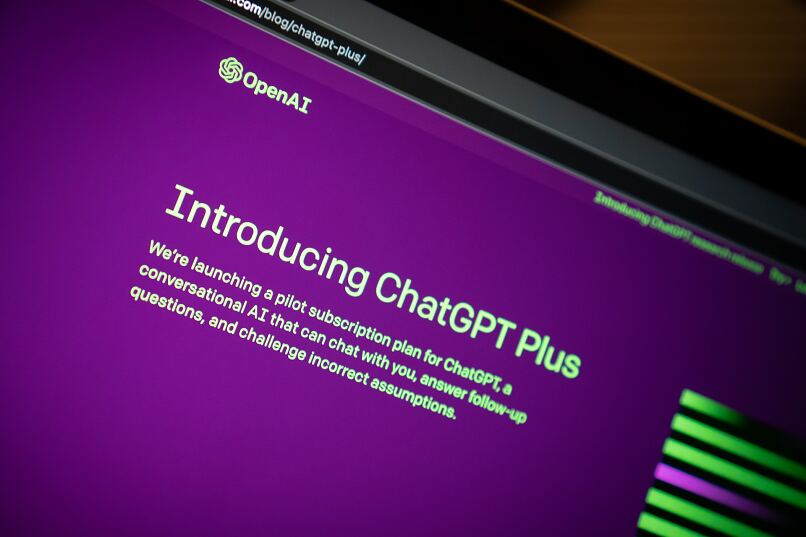ChatGPT Exposes User Data and Chat Histories

A serious ChatGPT bug resulted in the exposure of user chat histories and the personal data of ChatGPT Plus subscribers on March 20th. The leaked data included identifiable user data and even partial payment information.
OpenAI CEO Sam Altman initially confirmed that the glitch briefly caused ChatGPT to share the conversation histories of some users. He blamed the data leak on "a bug in an open source library" and said a patch has already been released. Altman expressed his deep regret about the incident, concluding "we feel awful about this."
In a later announcement on March 24th, OpenAI stated: "Upon deeper investigation, we also discovered that the same bug may have caused the unintentional visibility of payment-related information of 1.2% of the ChatGPT Plus subscribers."
The exposed information included users' first and last names, email addresses, payment addresses, the last four digits of their credit card, and the card's expiration date. OpenAI confirmed that "full credit card numbers were not exposed at any time".
OpenAI concluded their announcement by mentioning that they have implemented several measures to enhance its systems. This includes thoroughly testing the aforementioned bug fix, adding redundant checks to ensure data accuracy, enhancing logging capabilities and conducting regular log examinations, and increasing the scale of the Redis cluster to reduce connection errors during high traffic.
The bug was discovered in the Redis open source library and allowed certain users to view descriptions of other users' conversations from the chat history sidebar. These descriptions could be clicked on to regenerate a response from the chatbot.
Redis is utilized by ChatGPT as a means of caching user information. This helps to eliminate the need for frequent database checks with each request, increasing the performance of the ChatGPT service.
OpenAI has reached out to ChatGPT Plus subscribers whose payment information may have been exposed to notify them of the potential leak.



Please, comment on how to improve this article. Your feedback matters!